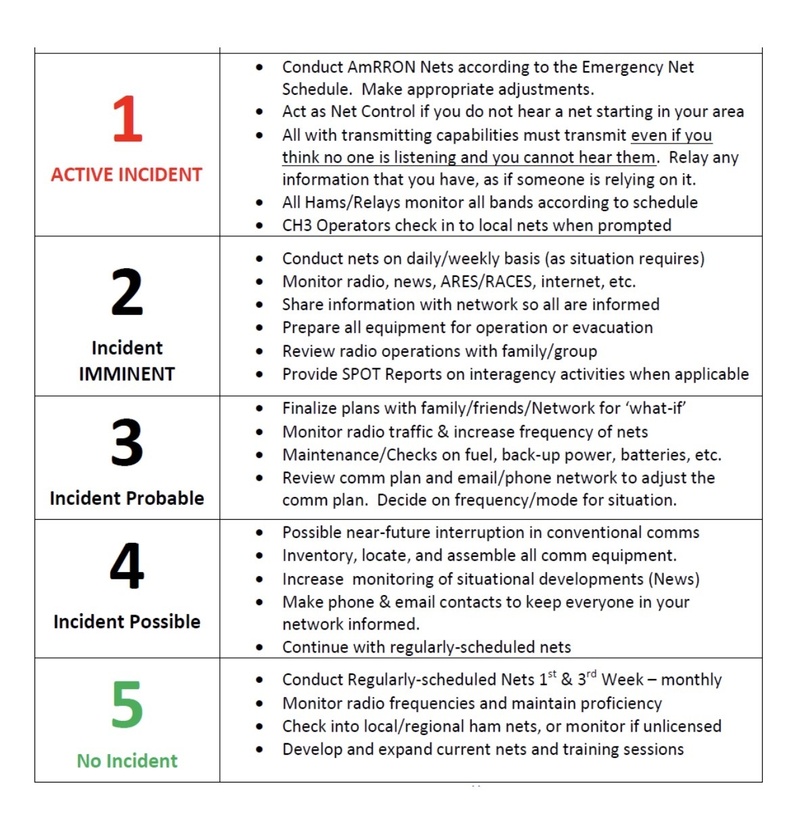
We know what’s coming and we are prepared.
The U.S. Interceptor Shortage and Its Impact
The U.S. interceptor shortage impacts both the response to the Houthi threat and the sleep of millions of Israelis.
Israel and the U.S. are cooperating to address the Houthi threat. However, due to a shortage of interceptors in the U.S. Navy, some missiles are not intercepted far from Israel's borders. This leads to the activation of sirens in Israel, requiring the Israeli Air Force's air defense system to neutralize these threats.
Even the mighty America faces challenges in managing its armament economy. How did it come to this point? Since the early stages of the war, the U.S. has deployed aircraft carriers and Arleigh Burke-class destroyers in the Red Sea, the Gulf of Aden, and the Arabian Sea. These destroyers carry Standard Missile (SM) interceptors capable of neutralizing Houthi-launched missiles during their ascent phase, long before they reach Israel.
These interceptors are quite expensive, costing several million dollars each (more than the Arrow system, though not necessarily superior). However, the shortage isn't due to financial constraints. Throughout the war, American destroyers have had to fire large quantities of these missiles to protect themselves, the aircraft carriers, commercial vessels targeted by the Houthis, and Israel. Additionally, the U.S. assisted Israel in countering Iranian attacks using SM missiles.
These missiles are manufactured by RTX, formerly Raytheon, one of the world's largest defense contractors. Due to their complexity, RTX produces only a few hundred of these missiles each year. The U.S. wasn't prepared for the scenario of two prolonged wars in different parts of the world simultaneously—the war in Ukraine and the war in the Middle East.
Moreover, stock management is also influenced by the possibility of escalation in the Pacific region, between China and Taiwan. Add to this the fact that more than 10 other countries, in addition to the U.S. Navy, have pre-ordered SM interceptors, and you have a shortage of this type of interceptor.
This is likely one of the reasons the U.S. deployed the Terminal High Altitude Area Defense (THAAD) system in Israel. THAAD can also intercept ballistic missiles, but since it is ground-based, it does so toward the end of their flight path—in other words, it doesn’t "prevent" the alarms from sounding.
In conclusion, this isn't a 'punishment' by the Biden administration against Israel. The U.S. continues to assist in defense, though their capabilities have diminished, impacting the sleep of many until the Houthi threat is dismantled.
(Tamir Morag on X)
✍️ @beholdisraelchannel
This guy wrote a 25 line Python script he claims "can probably unredact all of the Epstein files in less than 30 seconds".
"I am not suicidal, I am a great swimmer, and I look forward to living my life well into my 80s."
Follow @RealWideAwakeMedia for more content like this!
Merch: https://wideawake.clothing
X | YT | IG | Rumble
US / Iranian Conflict
Raising to AmCON 3 (Incident Probable)
Due to the following: deteriorating negotiations between the United States and Iran; the surge in the past 48 hours of “final stage” US military assets into the Middle East; vacating US personnel from bases in Syria; the “Fatwa” issued last summer by Iranian clerics in the Summer of 2025 calling Muslims around the world to rise up if Iran is attacked; the numerous reports of Iranians who have infiltrated the US southern border in recent years and the warnings of “sleeper cells” in the United States, AmRRON is raising the AmCON one level, to Level 3 (Incident Probable).
AmRRON Special Guidance and Instructions:
AmRRON will remain at AmCON 3 until further notice, and we will continuously be monitoring the situation. Additional changes to the AmCON level, and any special instructions or guidance, will be posted here, as well as through the AmRRON member Telegram Channel, the AmRRON Corps Z-Net, and the AmRRON Mobile Team App....

If you’re a parent, this should make your stomach drop!
Every year, millions of families across America proudly display school photos of their children.
On refrigerators. In picture frames. Sent to grandparents and relatives across the country.
But here’s what most parents are never told…
Those school photos are taken by Lifetouch — the largest school photography company in America.
Lifetouch is owned by Shutterfly.
Shutterfly was acquired by Apollo Global Management.
And Apollo Global Management was co-founded by Leon Black — a name that appears in the Epstein files.
That means millions of children’s images are uploaded into databases every single year by a corporate structure tied to someone connected to Epstein.
Let that sink in!
https://vxtwitter.com/i/status/2019500982997041332


















